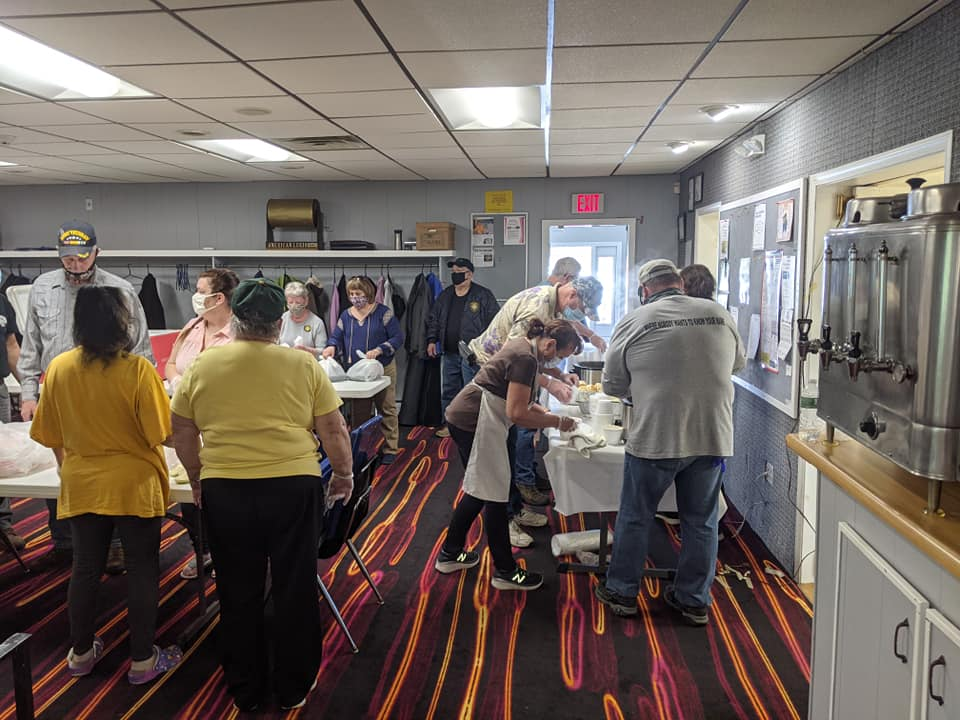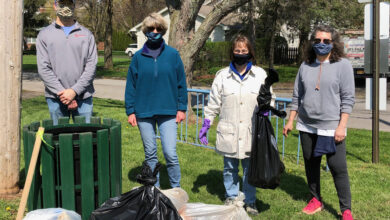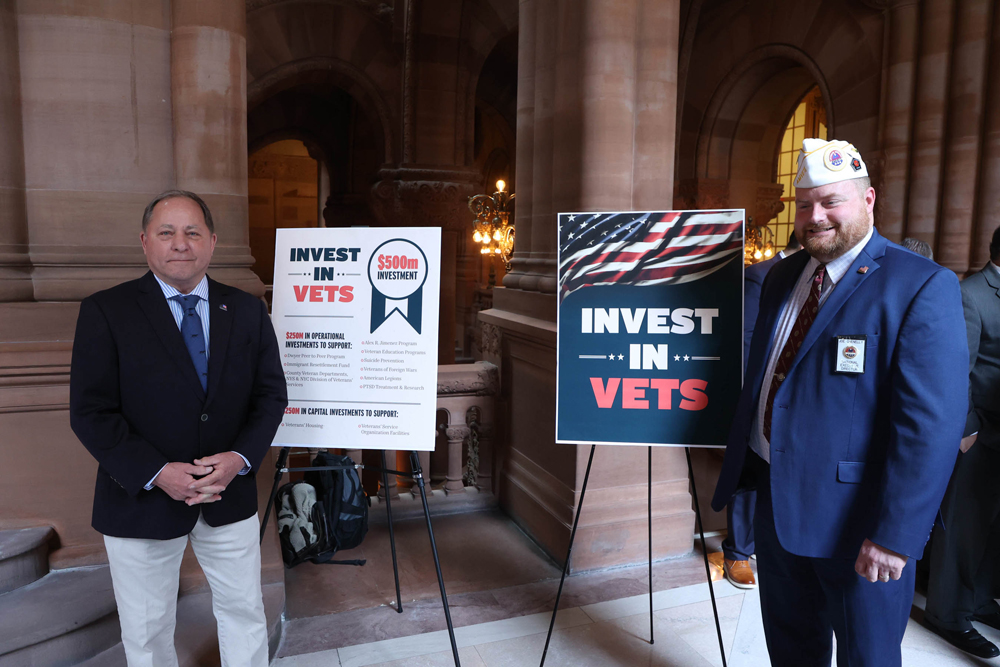Simmering Ag Labor Situation
“U.S. agriculture remains united on the need for immigration reform,” according to Tom Maloney, Sr., Extension Associate at Cornell University’s Charles H. Dyson School of Applied Economics and Management.
He addressed Brockport and Clarkson residents in late June, describing the complex labor situation within local and national ag sectors. Despite their disparate, independent point-of-views as individuals, farmers speak with one voice in farm commodity and advocacy groups, trade associations, and cooperatives, working together for immigration reform.
In the U.S., low unemployment, a recovering economy, and growing competition among all types of employers increases the difficulties farmers experience in locating farm labor. At the same time, fewer Mexicans are coming to the U.S. because of the increasing influence of drug cartels in border crossings and enhanced U.S. law enforcement at borders. Also, the Mexican economy improves while their nation’s birth rate declines. Consequently, more U.S. fruit and vegetable growers are using the H-2A visa program, administered by the U.S. Citizenship and Immigration Service, to ensure a legal workforce on their farms.
On the other hand, dairy producers cannot use the H-2A visa program since their labor needs span the entire year; an H-2A visa is seasonal. Alternative sources of foreign born farm workers include refugees, J-1 Visa workers, and TN Visa holders, the last two visa types pertain to either students, trainees, or teachers or trained professionals e.g. scientists, CPAs, veterinarians, etc., respectively.
In addition, the growing influence of consumers “…who want to support companies that prioritize both treatment of workers and animals, even above low prices” is having an effect.
Collectively, agriculture’s position on immigration reform is 2-pronged; legalized status for current undocumented workers and a guest worker program that includes dairy. The latter – a guest worker program, is the most likely solution given the current political climate.
If undocumented workers achieve legal status, they will be more visible and engaged in rural communities. They may be able to obtain driver’s licenses and buy cars, thus increasing their mobility. Their frequency of home visits and returning to jobs, state-side, will increase. And they will have more opportunity to access jobs outside of agriculture.
The implications of a guest worker program include increased on-the-farm labor costs, the disappearance of other foreign-born worker visa programs, heightened pressure from farmers to streamline the program and make it more flexible, the inclusion of dairy, and more regulatory oversight including housing inspections.
Those in attendance were impressed with Maloney’s presentation, bringing clarity to the complex farm labor situation and explaining the ramifications of future, potential legislation.
This program was sponsored by Compassionate Brockport, whose goal is “creating a Caring Community.” It traces its beginning to early 2017 when members of the Brockport Interfaith Ministries met with SUNY Brockport President Heidi MacPherson to address ways to create “a more welcoming environment for all in Brockport…”
Compassionate Brockport





